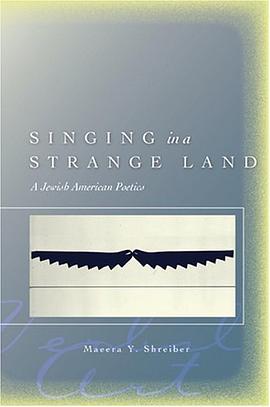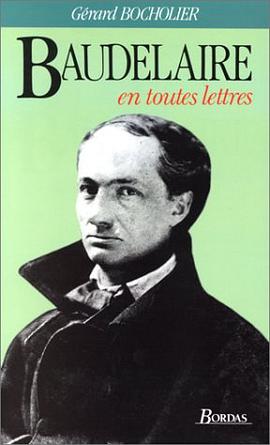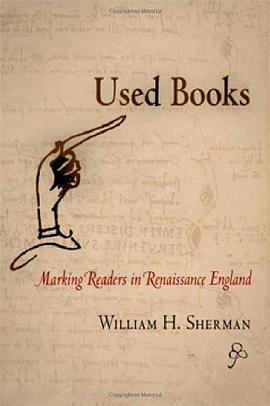

具体描述
Milton's early commentators-Henry Todd, Thomas Newton, Joseph Addison, and others-not only knew their classics well, they took them seriously as models of literary excellence and repositories of values. In the twentieth century, however, the classics have become mere "background." As a consequence, William M. Porter argues, not only is the foundational dimension of Milton's poetry now hardly visible, even to scholars, but the potential of Milton's poetry to revitalize the reading of the classics has been diminished. In this insightful study, Porter attempts once again to read both the classics and Milton's epic poem sensitively and intelligently. He exposes the recklessly speculative and tendentious character of much earlier work on Milton's allusions, in which allusions were promiscuously posited and in which Paradise Lost was too often regarded naively as triumphing over the classics. Porter demonstrates that Milton's allusions, in which allusions to the classics, while fewer than has been supposed, are rich with wit, irony, and thought that can be grasped only by a reader with a double perspective. William M.Porter, recipient of the CML Incentive Award for Outstanding Scholarship in 1985, is an associate professor of classical languages at the University of Houston. He has published articles in such journals as Classical and Modern Literature, Comparative Literature, and Rhetorica.
作者简介
目录信息
读后感
评分
评分
评分
评分
用户评价
相关图书
本站所有内容均为互联网搜索引擎提供的公开搜索信息,本站不存储任何数据与内容,任何内容与数据均与本站无关,如有需要请联系相关搜索引擎包括但不限于百度,google,bing,sogou 等
© 2026 book.quotespace.org All Rights Reserved. 小美书屋 版权所有




















